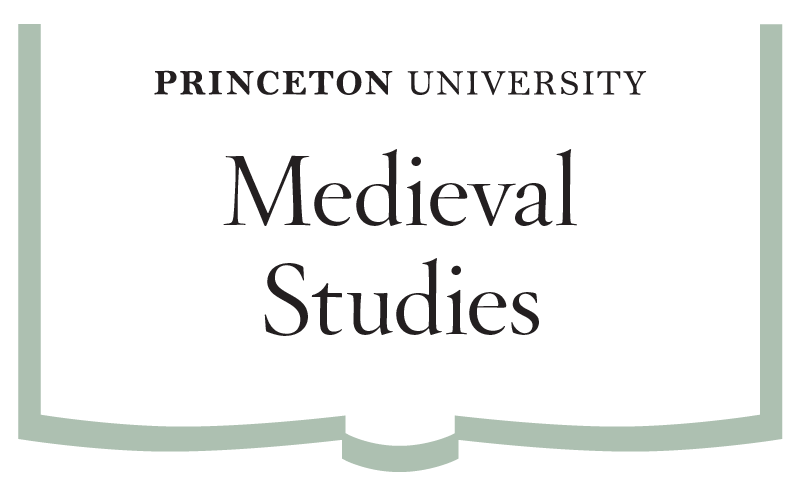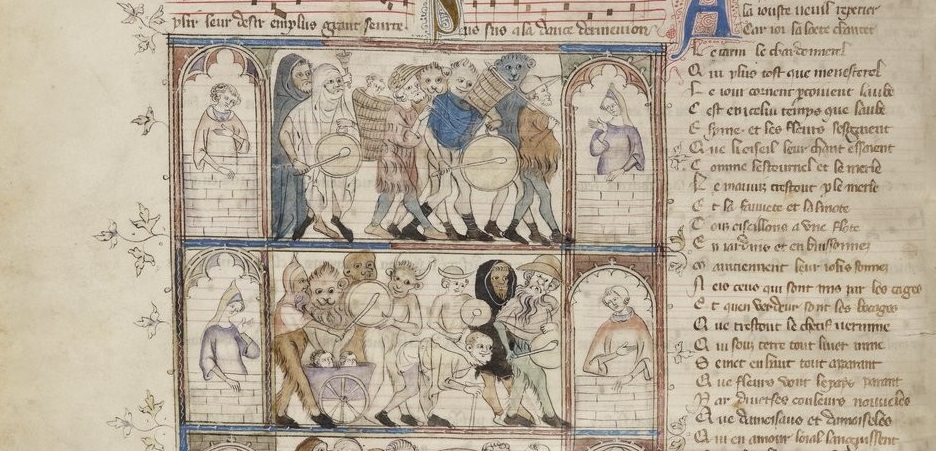Inclusion and Exclusion in the Middle Ages
Lecture series by the Program in Medieval Studies at Princeton University
2017-18
The medieval past offers valuable historical background and lessons for our modern world, today beset with national, religious, and ethnic hostilities that fill the headlines.
Today the “medieval” is cited continuously in political discourse but in ways that demonstrate either how little most people really know about the Middle Ages or how viciously they care to distort the medieval past for pernicious, racist ends. Likewise, we medievalists can benefit from taking contemporary issues and exploring their configurations in the medieval context. Not only does this help us become more historically accurate in our scholarship, but it also helps us understand the biases we, in the present, continue to hold. Most medieval societies accommodated and integrated people with ethnic, linguistic, and religious identities different from the majority population, while at the same time policing those minority communities on a local and supra-local level. The lecture series hopes to explore the tension between and complexities of inclusion and exclusion in the Middle Ages. We will discuss examples from different sources such as literature, art, architecture, religious discourses, legal concepts and procedures, social practices, and political instrumentalizations. We will also present insights about this topic from contexts outside of medieval Europe who might examine these dynamics of inclusion and exclusion within different cultures and regions such as Byzantium, the Islamic world, Africa, or Asia.













